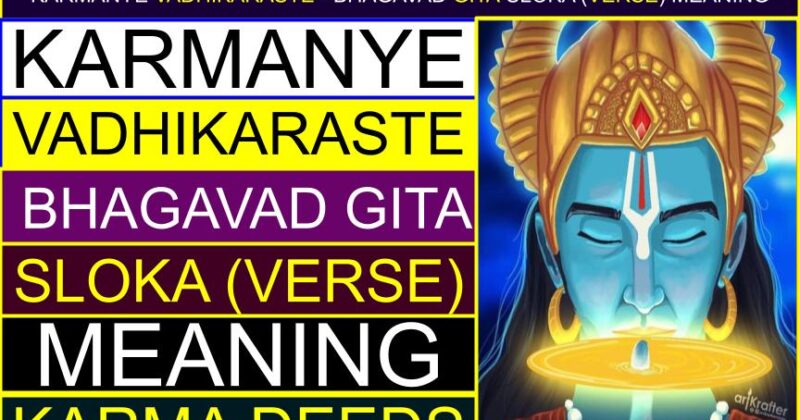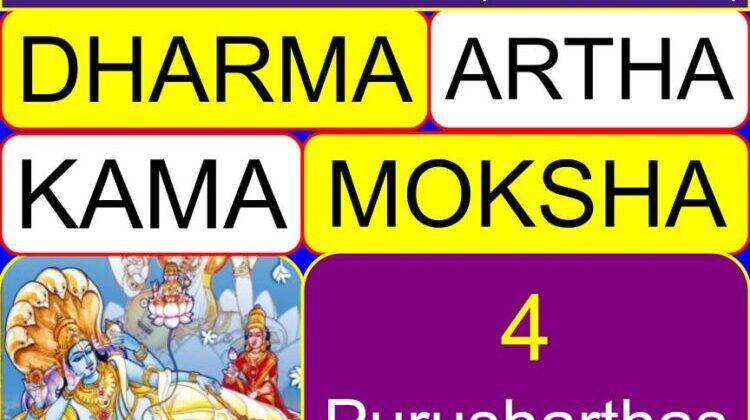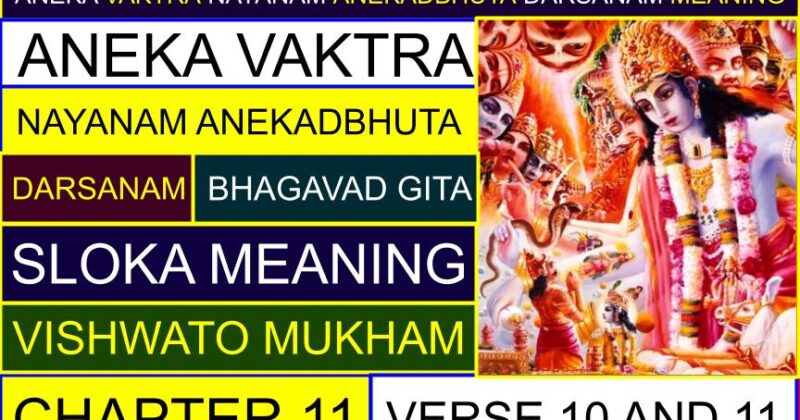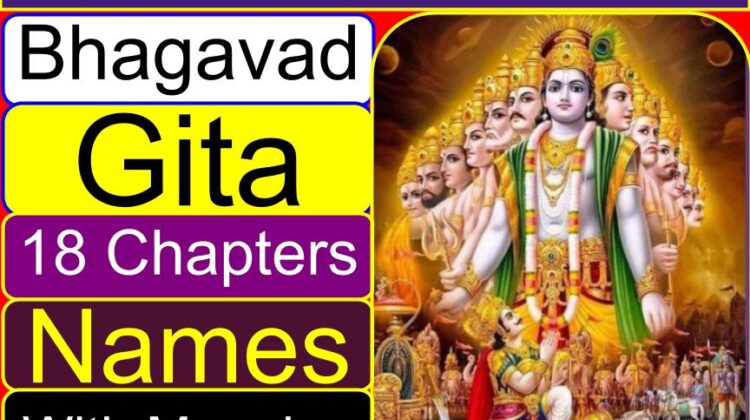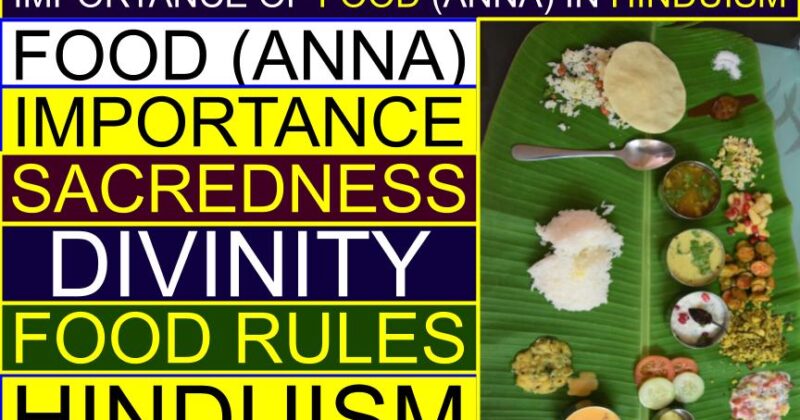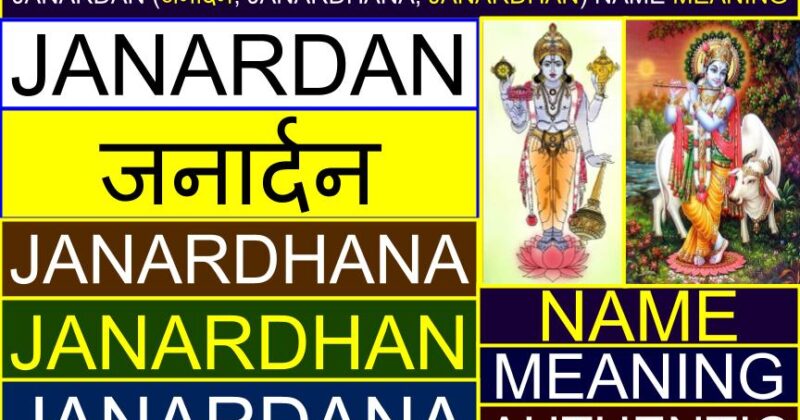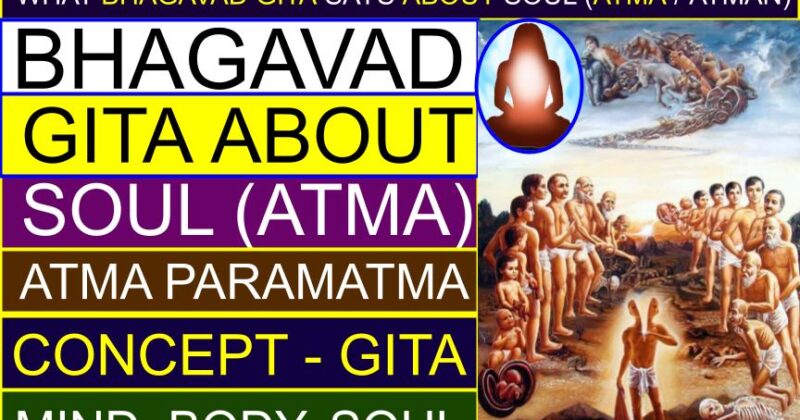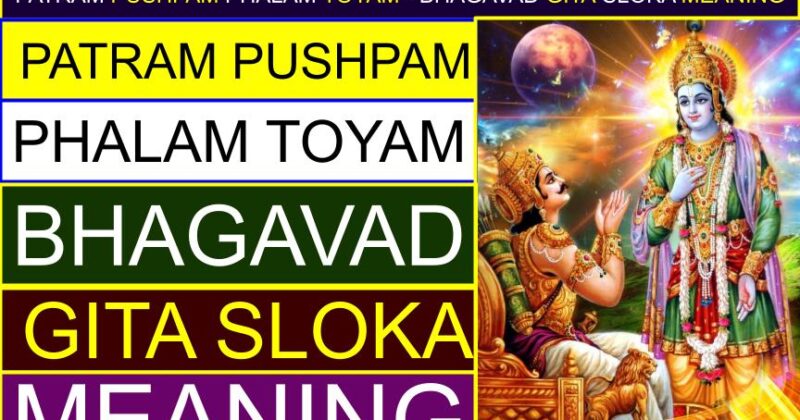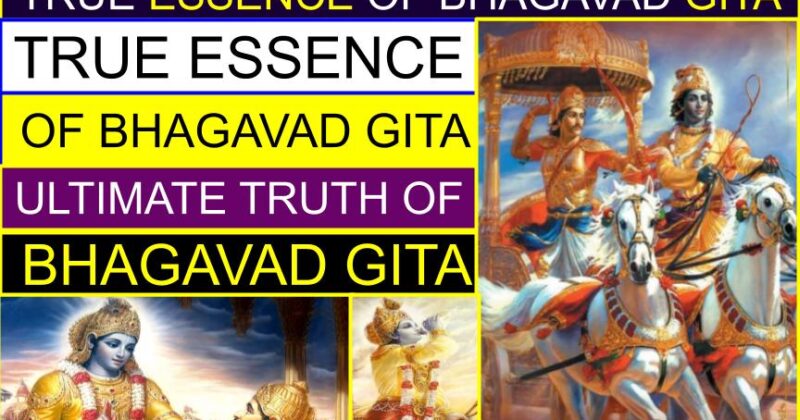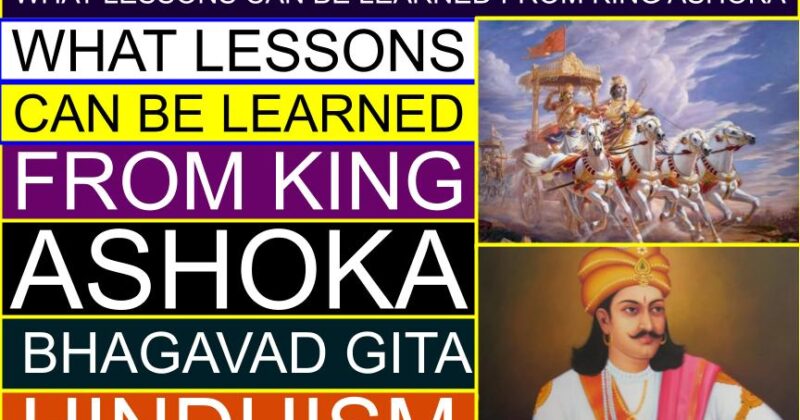
What LESSONS can be LEARNED from King Ashoka (Hinduism) (Bhagavad Gita)
What lessons can be learned from King Ashoka (Hinduism) (Bhagavad Gita)
Namaste friends, how are you doing today? Welcome to #BhagavanBhakthi website / blog.
Bhagavan Lord Sri Vishnu (Krishna, Rama, Trivikrama, Narasimha, Vamana, Vasudeva, Mukunda) and Goddess Lakshmi (Rukmini, Satyabhama, Sita, Kamala, Maya) blessings to you and your family!
In this website / blog, you will always learn about #Hinduism #Sanskrit language.
Also subscribe to my YouTube channel from this link #BhagavanBhakthi to view videos about #Hinduism #Sanskrit language.
Just before going to "What LESSONS can be LEARNED from King Ashoka (Hinduism) (Bhagavad Gita)", let us know a brief, basic and very important information.
Today, let us know the real knowledge as per the great Bhagavad Gita, Sri Vishnu Sahasranama and other Shastras (Hindu divine books).
Let us acquire the lessons which was neither teached and / nor instructed in our schools from our teachers about King Ashoka.
Dear friends, first of all let us know the Sanskrit meaning of the name (word) Ashoka. In Sanskrit, Ashoka = A...
